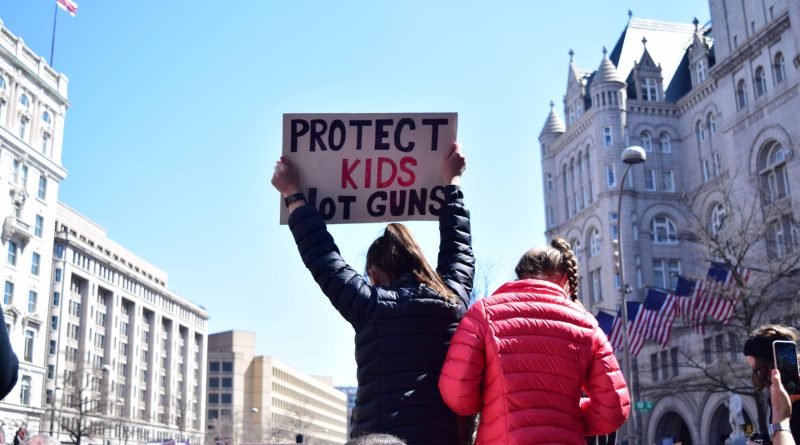Mass Shootings: A Desperate Public Health Crisis
“I’m here on this floor to beg, to literally get down on my hands and knees and beg my colleagues. Find a path forward here. Work with us to find a way to pass laws that make this less likely,” implored Democratic Senator Chris Murphy, on the floor of the Senate. Chris Murphy was elected to office shortly before the 2012 mass shooting in his home state at Sandy Hook Elementary School in Newtown, Connecticut—a mass shooting that left 20 children and 6 adults dead.
Ten years later, the country grapples with another mass shooting at Robb Elementary School in Uvalde, Texas. This time, 19 children and 2 adults were killed. The Robb Elementary School shooting occurred on the heels of a racially motivated mass shooting at a supermarket in Buffalo, New York that left 10 people dead. In 2022 alone, 214 mass shootings have occurred in the U.S. We are only 147 days into the year.
A Uniquely American Problem
America surpasses every developed nation in gun violence. Across the world, mass shootings often lead to almost immediate policy action to restrict access to guns. In Britain, a 1987 mass shooting resulted in a ban on semiautomatic weapons and a 1996 school shooting expanded the ban to most handguns. In Australia, a 1996 mass shooting triggered a mandatory gun buyback program that eliminated as many as one million firearms. The rate of mass shootings in both countries are now negligible. Other countries like Canada imposed gun ownership restrictions more gradually with increases in licensing and registration requirements.
In a recent interview, when asked why America has so many mass shootings, Senator Ted Cruz suggested the reporter was politicizing the issue. This is an oft-repeated refrain among opponents of gun control. While other developed nations have taken steps to address gun control in direct response to civilian causalities from gun violence, the U.S. does nothing. The only change in the U.S. since Sandy Hook is that children partake in active-shooter drills in school.
Mental Illness as a Scapegoat
A common default for many Conservative politicians is to place the blame for mass shootings on mental illness. This stance absolves lawmakers of accountability and validates inaction. The logic goes something like this—if mass shootings occur because of one individual’s mental illness, how much control do we really have to prevent them? In 2019, in response to two mass shootings that year, former President Trump said “Mental illness and hatred pulls the trigger, not the gun.” It was only in 2017 however that he signed an executive order that reversed former President Barack Obama’s regulation that made it harder for people with mental illnesses to purchase a gun.
The country would undoubtedly benefit from improved mental health care but focusing on mental illness woefully misrepresents the cause of this crisis. In Texas, an 18-year-old can legally purchase two assault rifles but is unable to legally purchase a beer. The true cause of this crisis is access to firearms. Mental illness exists across the world, but ease of access to weapons is what sets the U.S. apart and enables these gut-wrenching tragedies.
The Powerful Hold of Gun Lobbying
The National Rifle Association’s (NRA) annual convention in Houston, Texas just days after the massacre at Robb Elementary School, is emblematic of the powerful hold that the gun lobby has over American politics. The NRA lavishly donates to congressional lawmakers, of whom 97.99% are Republican. While these politicians send their thoughts and prayers to the grieving, they receive millions of dollars from the gun lobby. In 2021, the NRA and other gun rights groups spent a record $15.8 million on federal lobbying whereas gun-control organizations spent $2.9 million. Conservative lawmakers outwardly cling to 2nd amendment ideals, when in reality, the gun lobby has these policymakers in their pockets. This dynamic largely accounts for why Bill H.R.8, a bipartisan act that would require background checks on gun sales, sits untouched in a politically split Senate.
The tragedy in Uvalde has sparked bipartisan talks of red flag laws. This legislation would permit authorities to seize firearms from people considered to be a threat to themselves or others. However, because of the bleak history of mass shootings and subsequent inaction, expecting change feels increasingly hopeless. While families continue to be torn apart by violence that is not only senseless but preventable, we must call on our lawmakers to do their job and take swift life-changing policy action on gun control.
